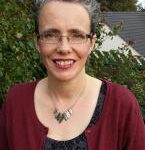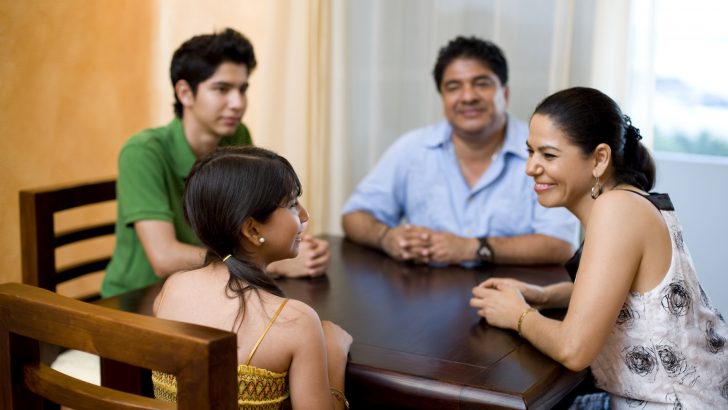At various times over recent years I have worked with young people preparing for the oral Irish exam in their Leaving Certificate. Apart from the challenge of developing a level of fluency in Irish most of the students also face the challenge of developing and expressing their own opinions.
Our education system does little to encourage students to develop the skills involved in critical thinking. I have heard of students at second and even third level being told to learn off essays in preparation for exams rather than being told to understand the concepts, develop their ideas and be able to articulate and support an argument.
We live at a time when what we believe and how we engage with the beliefs of others is becoming more and more of a minefield. Part of the problem is how we are communicating. Twitter is not an appropriate means of engaging in a debate. There is little room for a measured response or intelligent argument in 140 characters. I find it distressing that the new president of the United States relies on Twitter to take his critics to task. It seems to me to be a very juvenile way to deal with a difference of opinion.
There is also much talk of how we are now in a post-truth society. What this means is that debate is driven by emotion rather than objective facts. In the Brexit referendum in Britain both sides tried to influence voters by appealing to their deeply held fears rather than by offering rational, fact-based arguments.
Another tendency is the presumption that if we repeat our opinions as often and as loudly as possible they will be accepted as fact. This is helped by demonising one’s opponent. We see that in our own media. Those who hold opinions at odds with the mainstream media on important issues are belittled or castigated.
Currently there is a perception being created that anyone who is forward-thinking and compassionate wants to see the removal of the Eighth Amendment in our constitution. That makes it difficult for people to openly say they believe the Eighth Amendment is something positive that we should be proud of.
Courage
Yet my own daughters have found that at school and at university they are actually surrounded by more like-minded people who support the Eighth than they ever expected. It has taken courage for them to even start that conversation – but it has given them confidence that actually they are not the odd ones out.
They have also encountered people who disagree with them and have had to deal with that hopefully in a positive way.
I want my children to be able to engage creatively and positively with difference. I do not want them to run and hide nor to attack and belittle. As a family we do not always deal well with different opinions. We are a house full of hotheads. There are times when my children are saying “But why…?” and I want to just shout “Because I’m your mammy and I said so!” and then run out of the room. But I know that doesn’t work and it shouldn’t work. We all need to develop our ability to analyse and explore opinions and beliefs. We need to be able to debate ideas without making personal attacks on those who think differently.
Faith
My son is involved in the Pope John Paul II Award and is helping with the confirmation programme in the parish. We had been looking at the Creed and Diarmuid asked me: “We say ‘I believe’ but do we really mean ‘we believe it’ or is that just something we say because we are Catholics?” My son is clearly coming to a point – and I am encouraging him in this – where if his faith means anything to him he is going to have to figure out what he really does believe.
It is a challenge we all face – in faith and in life.


 Bairbre Cahill
Bairbre Cahill
